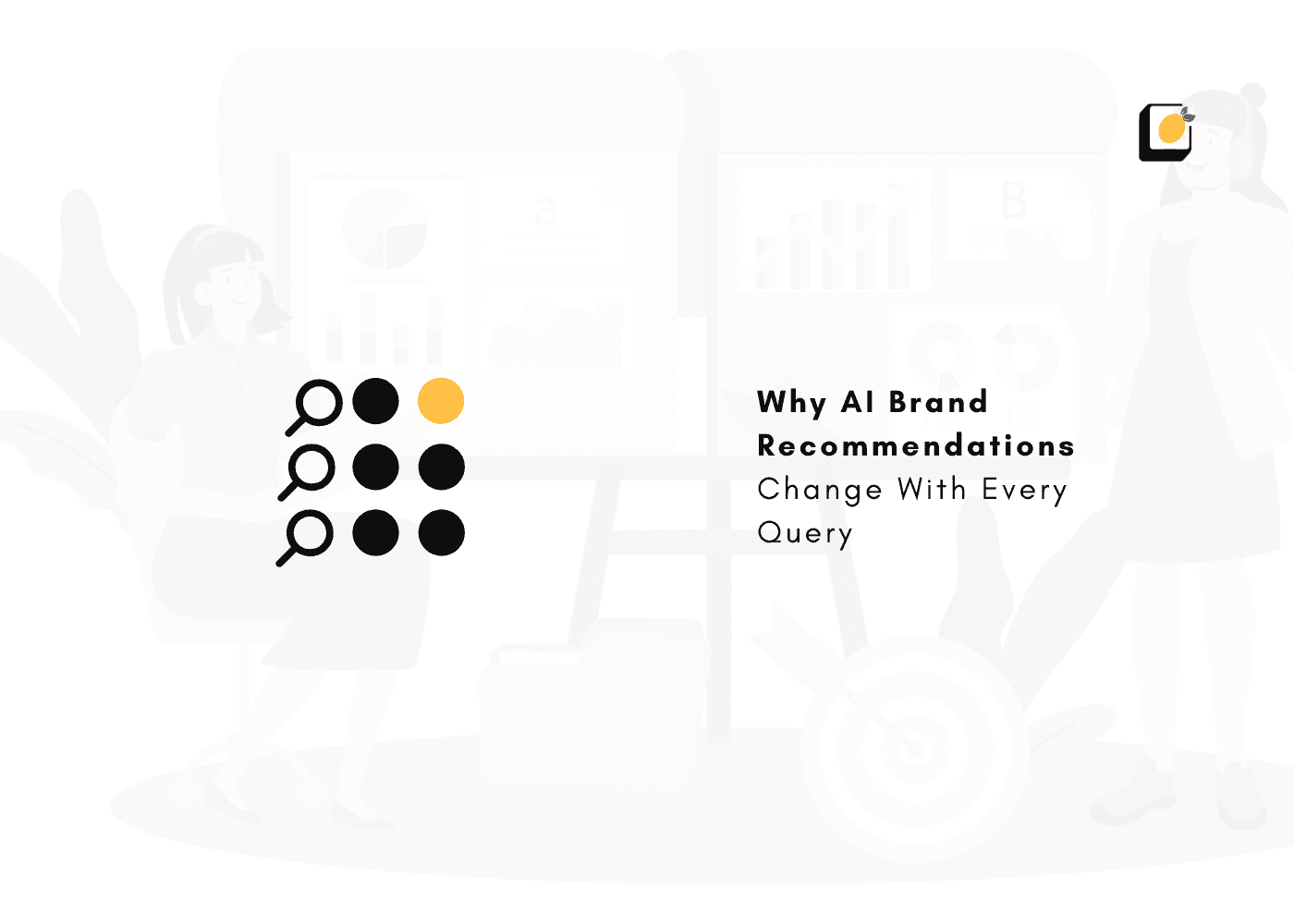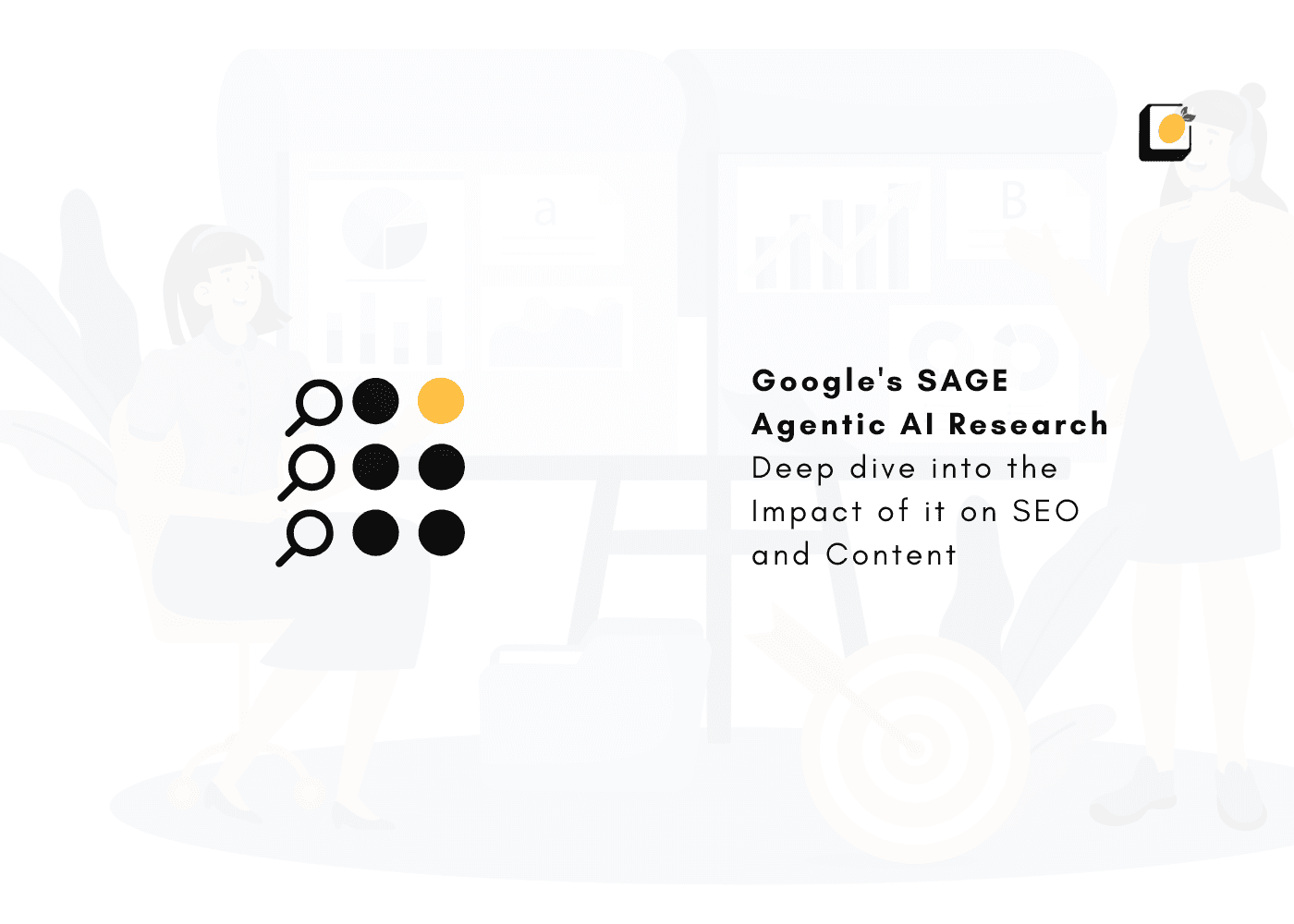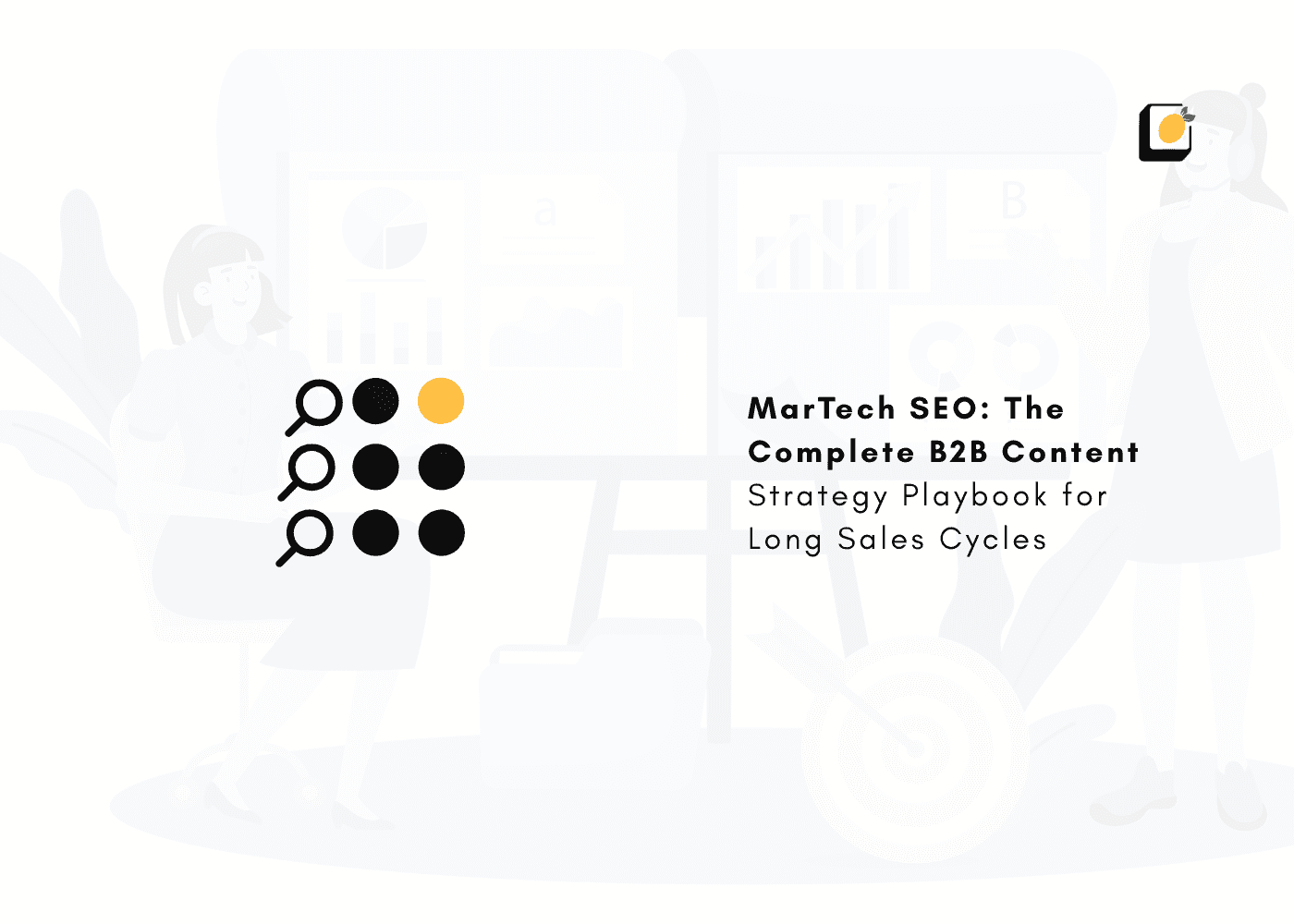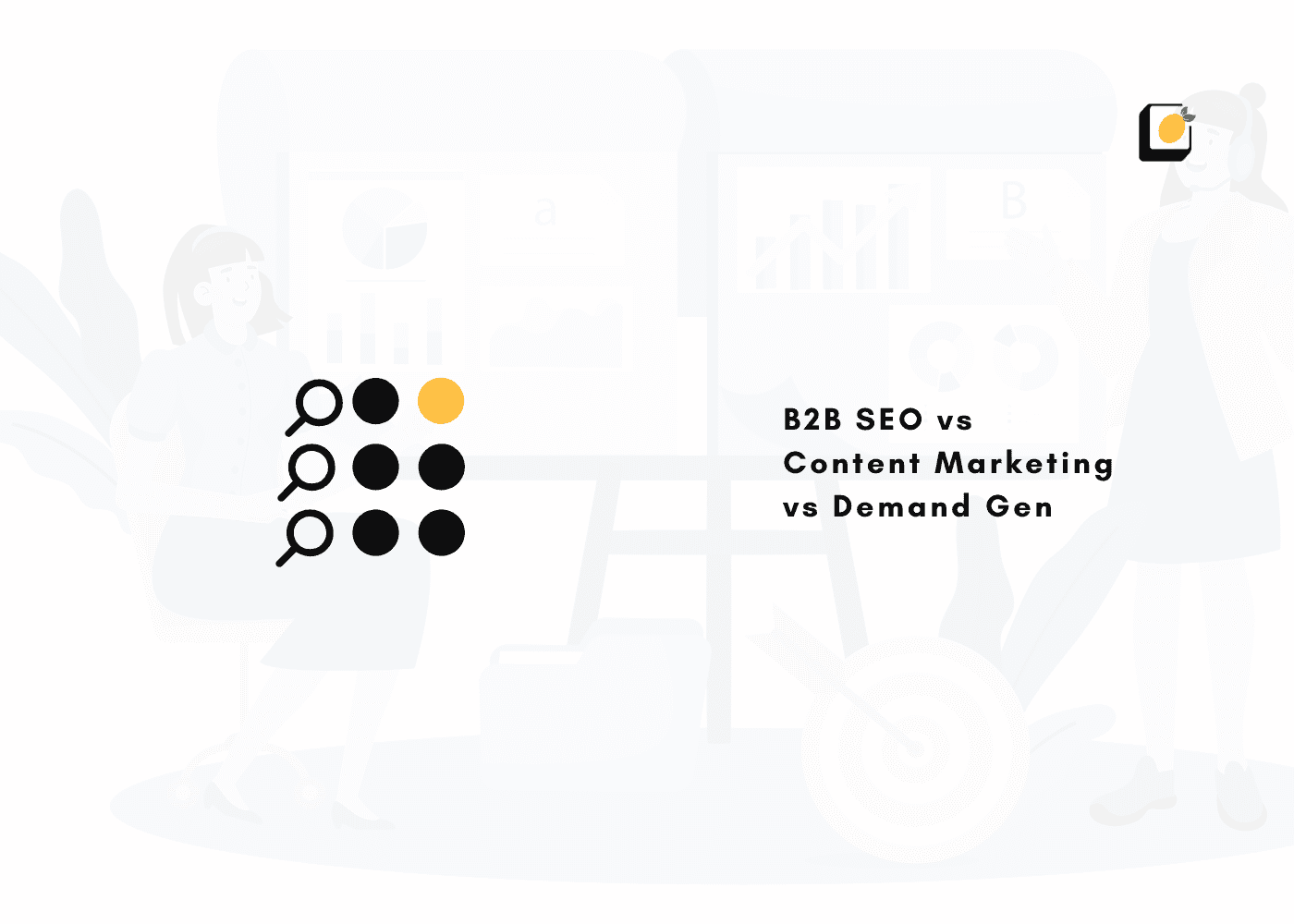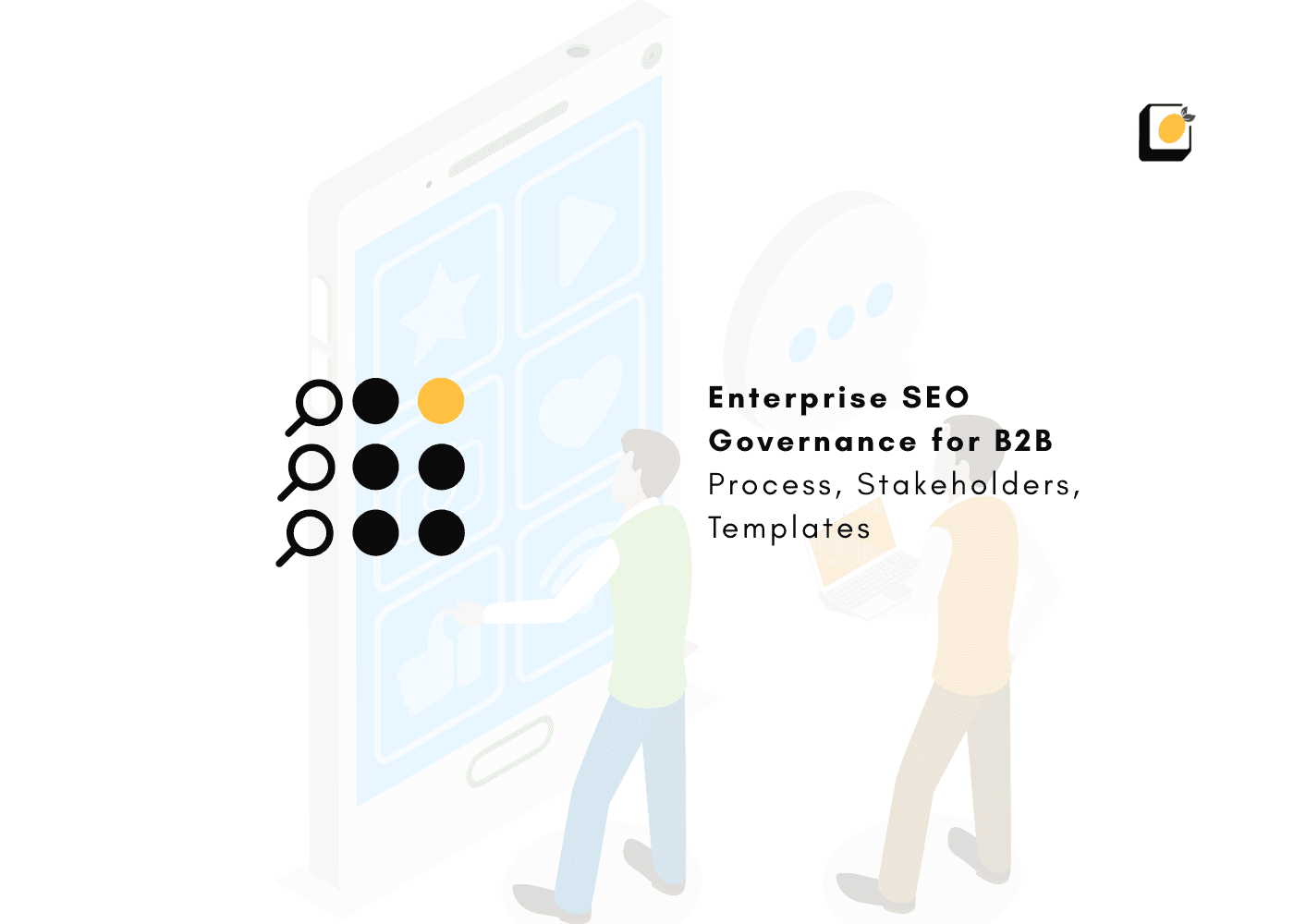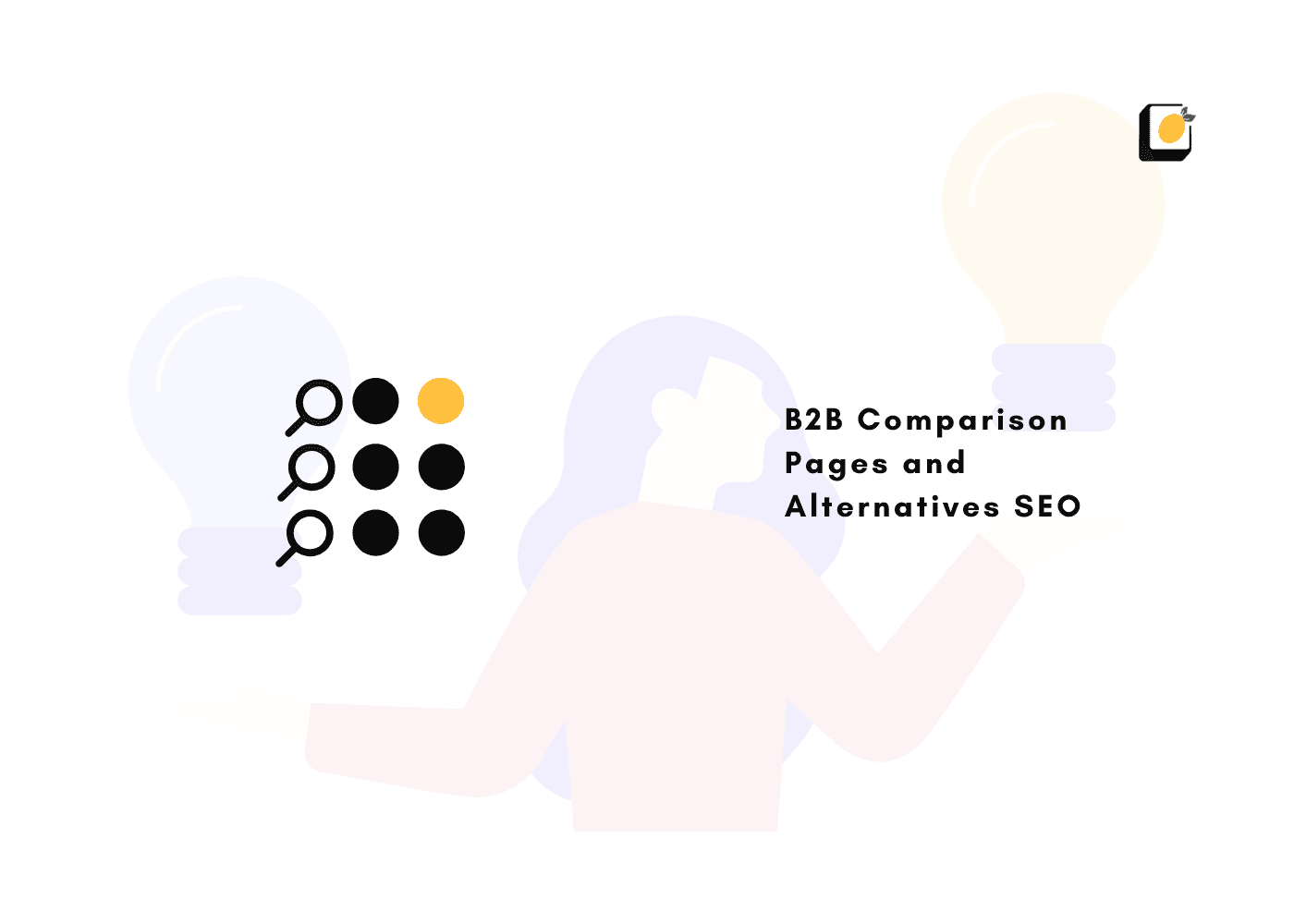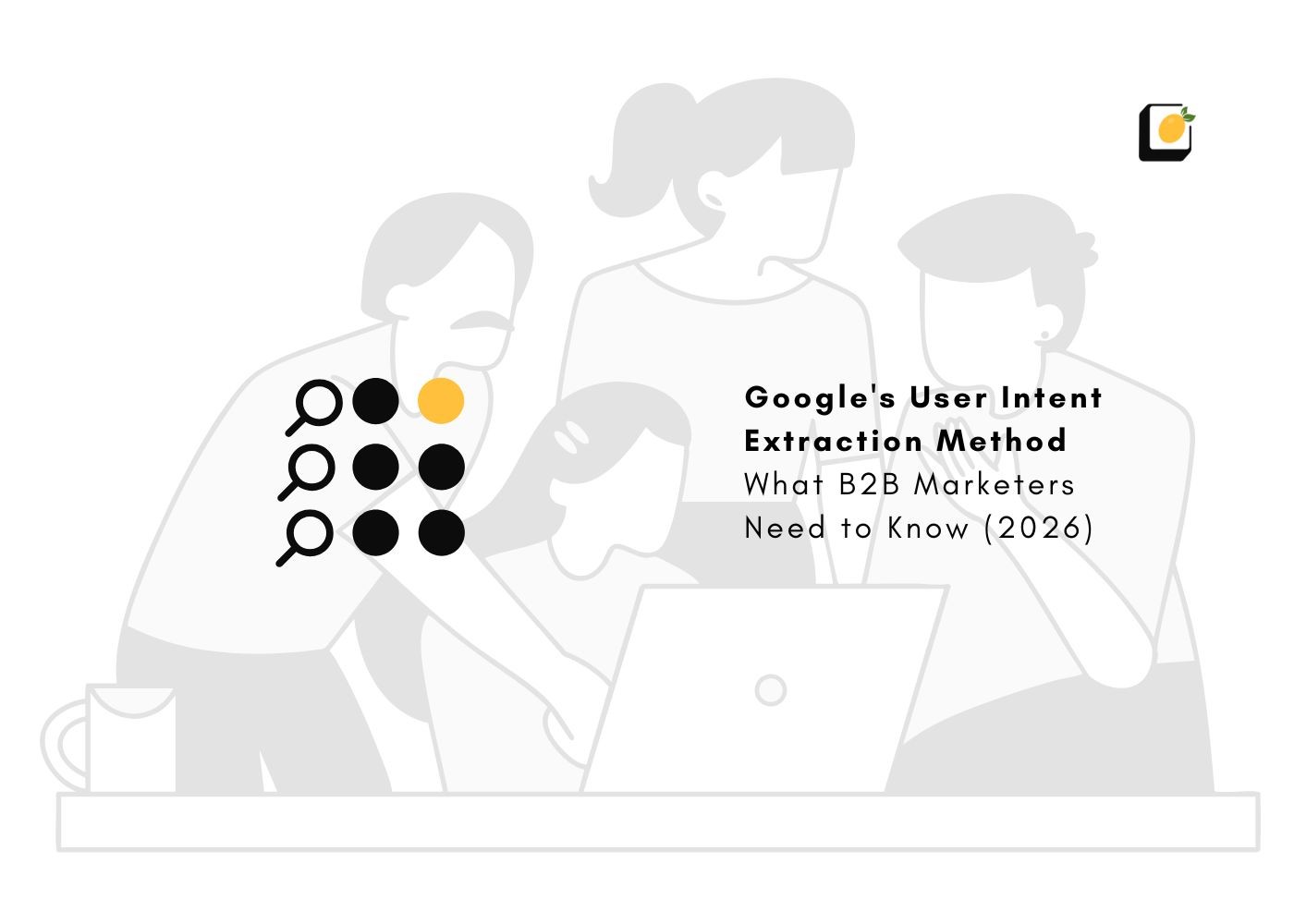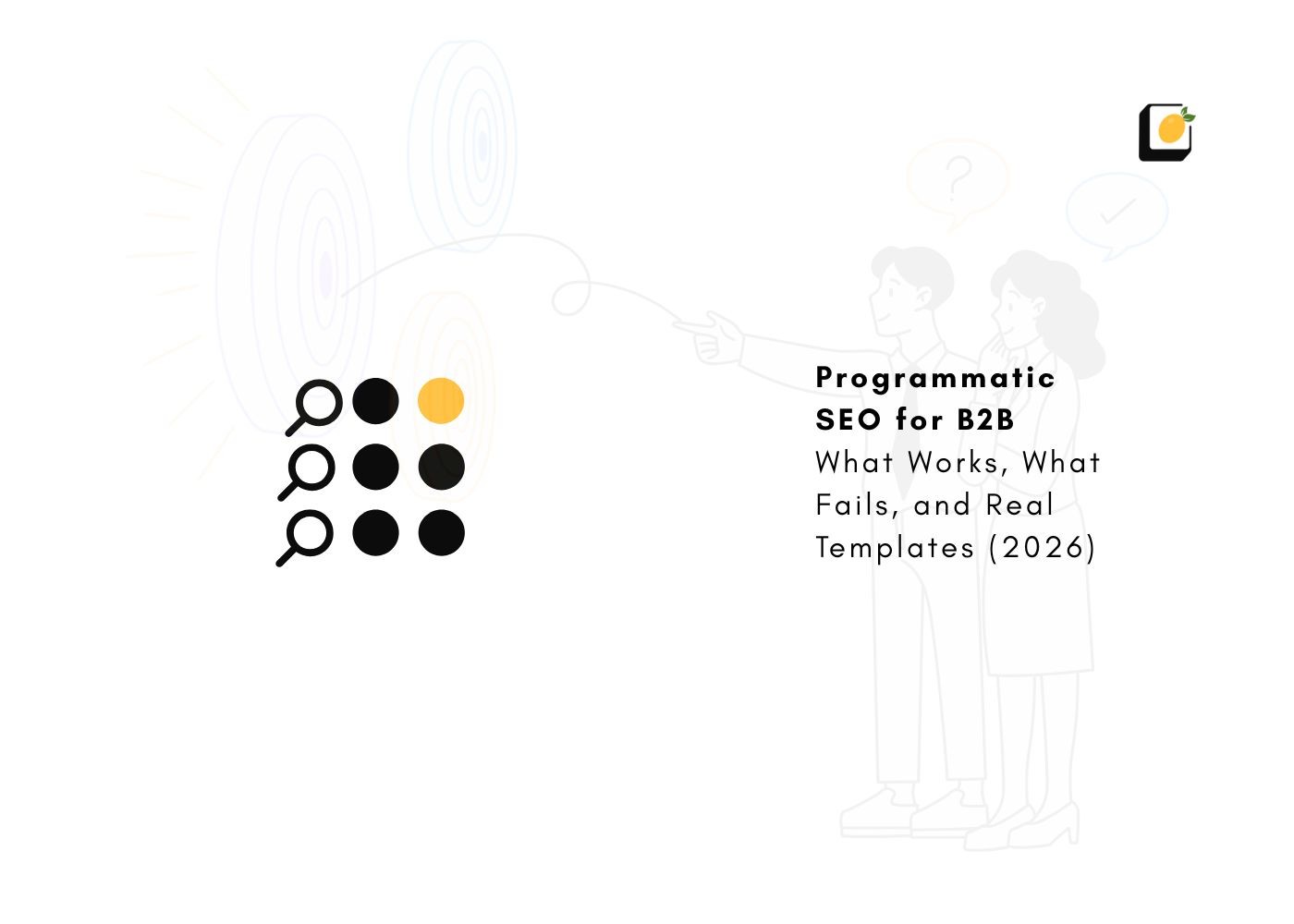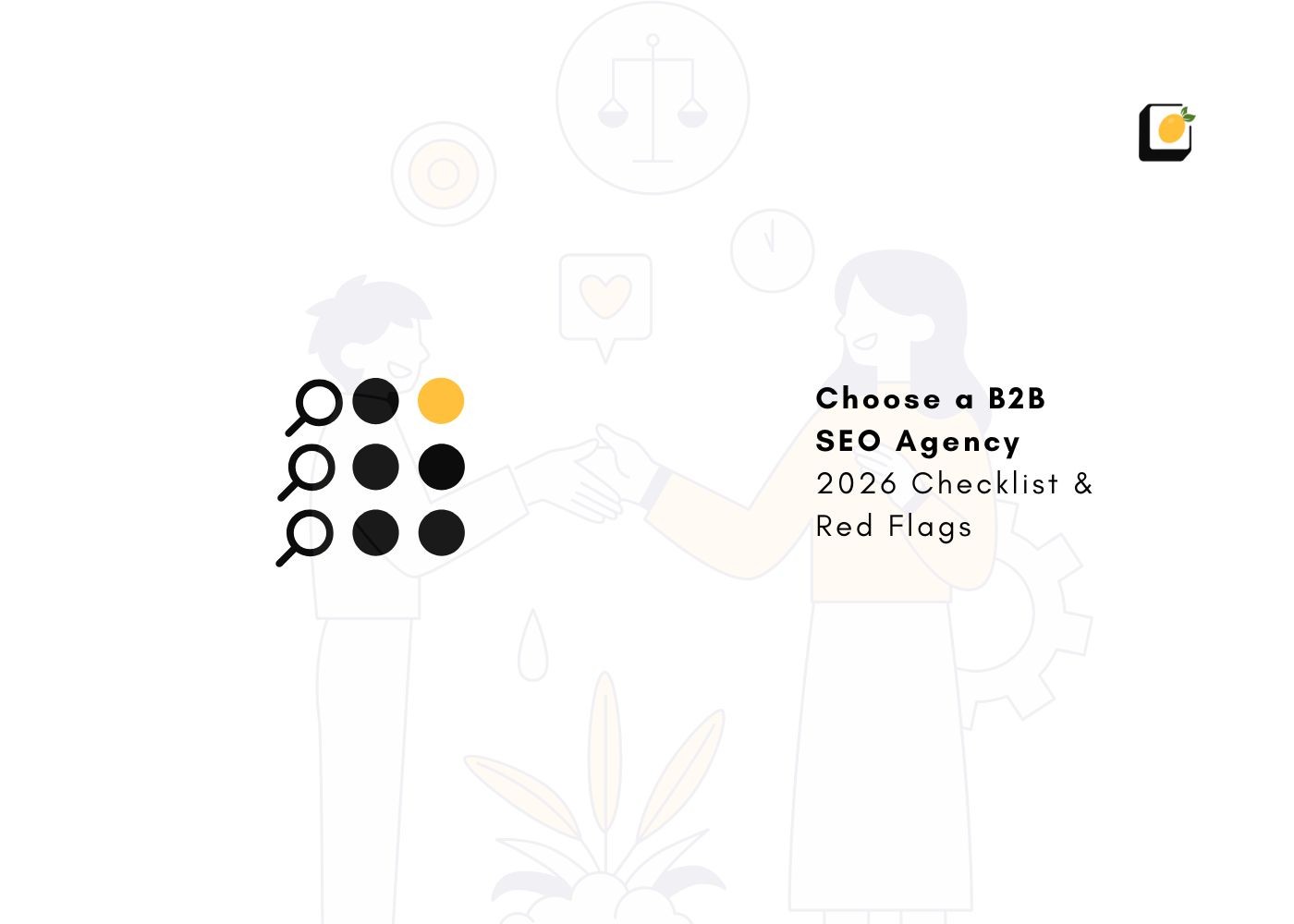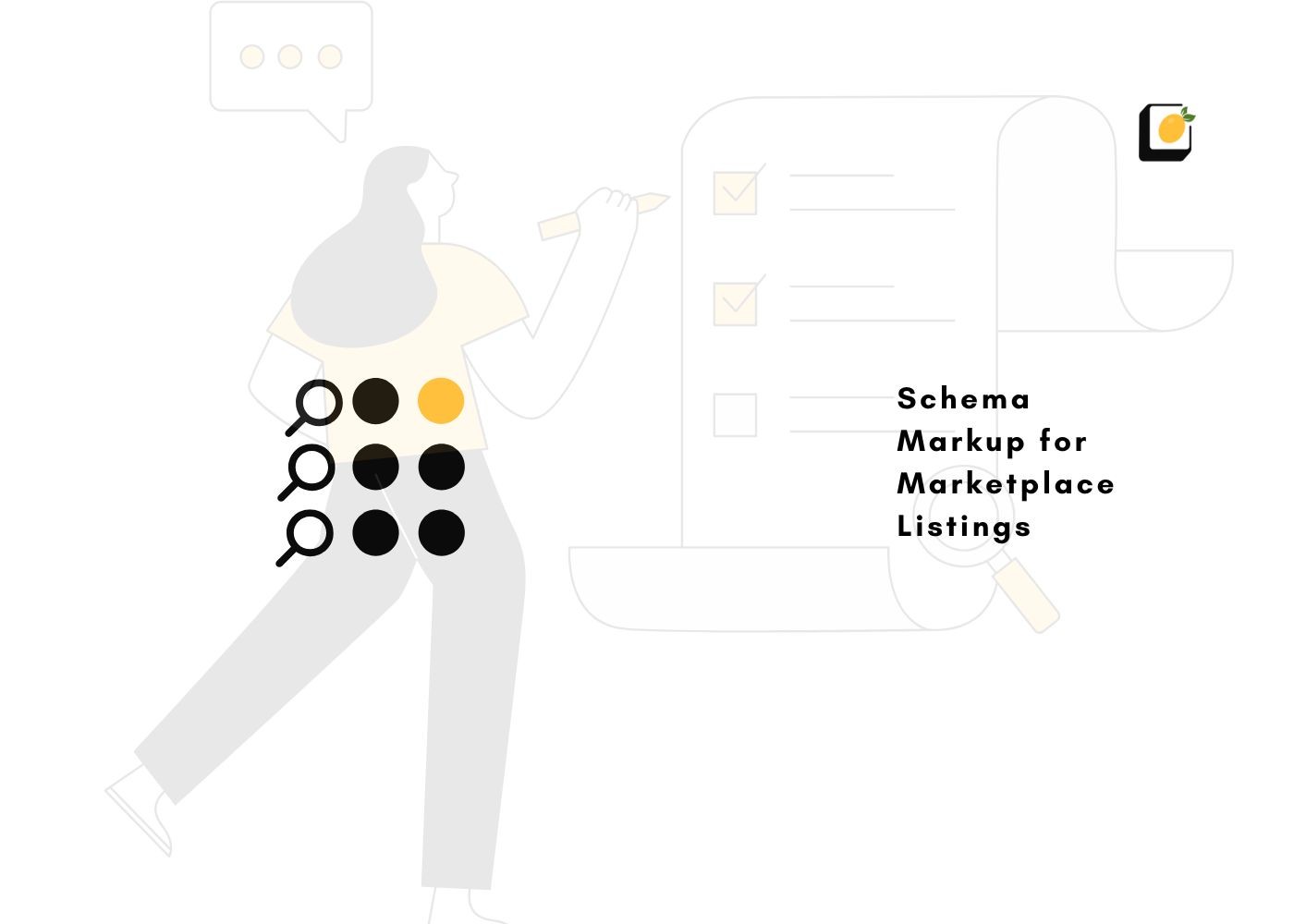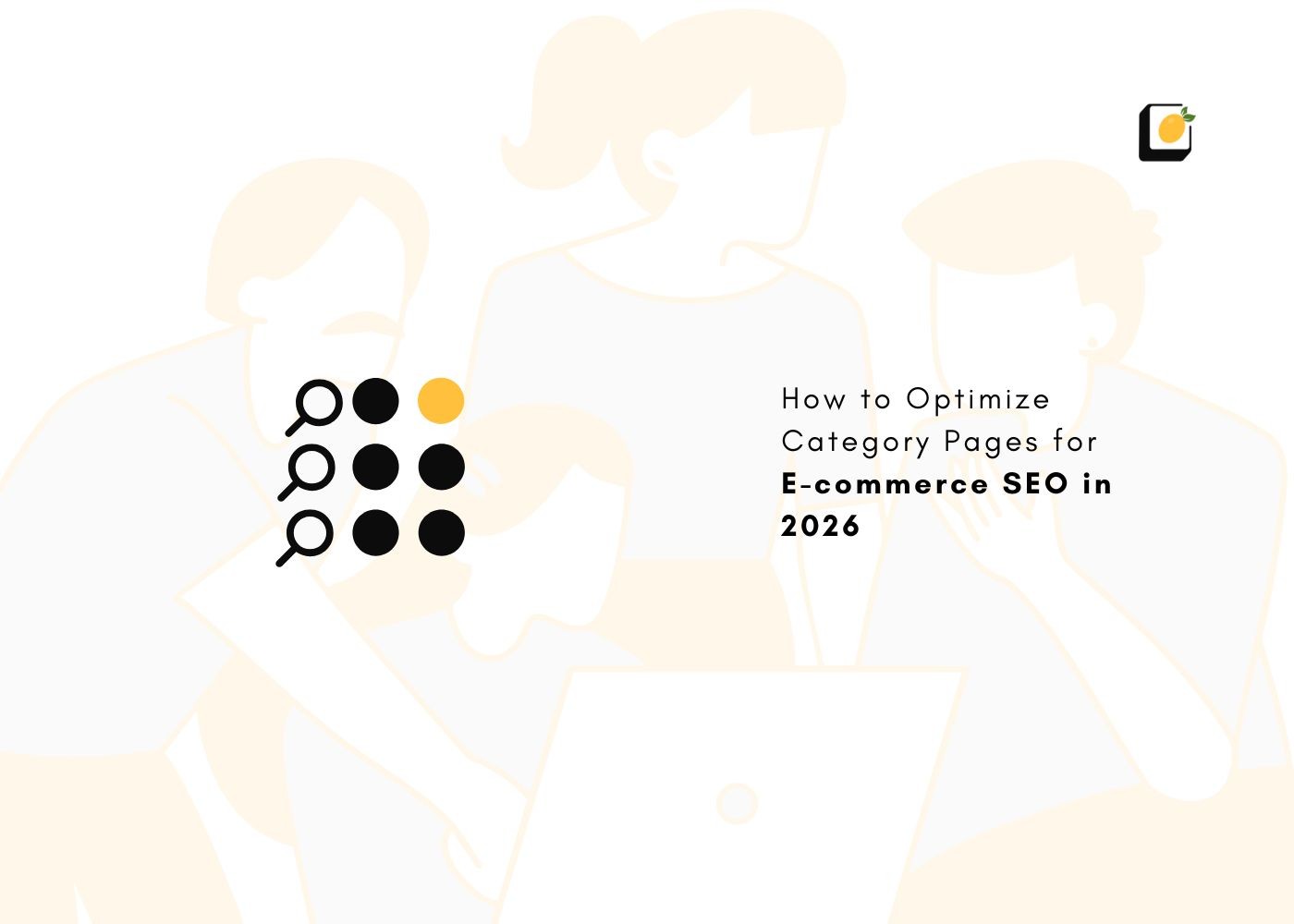How to Search with AI: A Complete Guide for 2025
June 19, 2025
Join 500+ brands growing with Passionfruit!
Traditional Search vs. AI Search

Search isn’t about typing keywords anymore, it's about getting answers that actually move the needle.
In 2025, traditional search simply can’t keep up. Manual keyword queries, page-by-page scanning, and multiple open tabs are inefficient and outdated. Businesses relying on this model are losing time, missing opportunities, and making slower decisions.
AI-powered search flips the entire experience. It understands intent, processes natural language, and delivers context-rich, actionable results in real time. You're no longer searching for information you’re searching with intelligence.
Here’s What’s Changed:
From keywords to questions: AI interprets nuance, not just phrases.
From results to resolutions: No more 20 tabs just direct, usable answers.
From passive search to active intelligence: AI learns from your behavior and refines results automatically.
From time spent to value gained: Teams cut research time by up to 80%, freeing up bandwidth for higher-impact work.
How AI Works in Search
AI doesn’t just search, it understands.
That single shift has completely redefined how modern users discover, consume, and act on information.
Traditional search engines like Google were built to match keywords, rank by back-links, and surface pages that ticked technical boxes. But that model is no longer enough. As user expectations evolve, AI-driven search is rewriting the rule book favoring intent, context, and clarity over legacy ranking factors.
Instead of simply scanning for keyword density, AI interprets what the user truly means in natural language, through conversational phrasing, or even from an image. It learns from every interaction and gets smarter with every query.
This is not theoretical. It’s already happening inside platforms like Google SGE, Perplexity, Bing Chat, and ChatGPT which now act more like assistants than engines. If your brand’s content isn’t structured for this shift, you’re not even in the results.
“AI search has reduced traditional click-through behavior by over 60%. Users are getting answers directly, no links needed.” – SparkToro, 2024
Here’s how AI makes that possible:
Natural Language Processing (NLP)
Understands the meaning behind queries, not just the wording essential for conversational and long-tail search.Machine Learning (ML)
Continuously improves results based on user interactions and behavioral feedback.Conversational AI
Enables dynamic, back-and-forth queries where context builds with each step. This is the engine behind AI chat interfaces.Computer Vision
Powers image and video search by recognizing visual elements, enabling tools like Google Lens and Pinterest Lens to serve results without text input.
For growth marketers, this means content must do more than rank; it must answer, clarify, and adapt to how AI reads and responds.
Understanding the AI Search Revolution
AI isn’t just changing how people search, it's changing what they expect. Users no longer want long lists of blue links. They want fast, clear, and contextual responses, often without clicking anything at all.
This behavior marks a clear break from legacy SEO. According to Spark Toro report a stunning 60% of searches now end without a single click. because users are satisfied by AI-generated responses that surfaced directly on the search page.
Let’s compare the old and the new:
Traditional SEO | AI Search Optimization (GEO & AEO) |
Keywords & backlinks rule | Context, intent, and semantic structure matter more |
SERP rankings drive traffic | AI-generated overviews drive visibility |
Click-through is the goal | Answer-first performance is the new KPI |
To show up in these overviews, you need to embrace Generative Engine Optimization (GEO) and Answer Engine Optimization (AEO). These strategies help train your content for AI systems not just search bots ensuring it gets cited, surfaced, and summarized inside zero-click environments.
What’s Driving the Shift?
Search behavior has changed permanently.
Users now expect:
Faster answers via AI-generated summaries
Conversational interactions, not keyword lists
No-click resolutions through platforms like Google SGE and Perplexity
This means the old rules of SEO are obsolete. If your strategy still prioritizes SERP position over answer visibility, you’re invisible where it counts.
GEO and AEO
Generative Engine Optimization (GEO) and Answer Engine Optimization (AEO) are the frameworks powering this shift. Unlike traditional SEO, these models:
Train your content for AI comprehension, not just crawling
Map user intent to structured, skimmable content
Position your brand inside AI-generated results not just beside them
Why Search with AI Matters in 2025
Search is no longer just about visibility, it's about relevance, context, and immediacy.
As AI becomes the default search layer across platforms, user behavior is shifting fast. People now search through conversational prompts, voice commands, and visual inputs expecting direct, intelligent responses across devices and formats.
Platforms like Google SGE, ChatGPT, and Perplexity AI are leading this evolution. They prioritize content that answers, not just ranks. This has made traditional SEO playbooks built around keywords and back-links less effective in high-intent, zero-click environments.
If your brand isn’t showing up inside AI-generated overviews, you’re missing the moment of decision.
To stay competitive, you need to:
Understand how AI interprets queries, not just how search engines index them.
Create structured, expert-led content that’s easily processed by language models.
Adapt to multimodal search where voice, image, and context matter as much as text
This isn’t about chasing algorithms. It’s about aligning your content with how real people search now and how AI serves those needs.
Ready to future-proof your visibility? Book a Demo and build an AI-first search strategy with Passionfruit.
Core AI Search Techniques
1. Conversational AI Search
Instead of typing “best phone 2025 reviews,” users now ask, “What’s the best phone in 2025 for photography and battery life?” AI understands the intent, context, and expected response type. This changes how we structure content.
To optimize for conversational AI search:
Use natural language in your content.
Address specific questions your audience might ask.
Include structured FAQ sections and concise answers.
2. Voice Search Optimization
By 2025, over 60% of web queries are expected to come from voice search. Voice queries are longer and more conversational. AI tools help decode these queries and match them to relevant results.
To prepare:
Focus on long-tail keywords.
Structure content with headings and direct answers.
Improve page load speed and mobile optimization.
3. Visual and Multimodal Search
Tools like Google Lens, Bing Visual Search, and even Pinterest now let users search using images. AI detects objects, text, and context in images and returns similar content.
Action Steps:
Add descriptive alt text to images.
Optimize for image SEO.
Use structured data to help AI understand visual context.
4. Real-Time Search with AI
AI enables access to live, real-time information by integrating with APIs, live feeds, and user-generated content. Platforms like Perplexity and Arc use real-time AI to give the most current answers.
Businesses can:
Integrate AI tools that monitor live trends.
Create dynamic pages with frequently updated data.
Leverage AI chatbots that answer in real time.
5. AI-Powered Query Optimization
Instead of optimizing content around a single keyword, AI evaluates user behavior, click-through rates, and topic clusters to determine which content performs best.
Use tools like:
Surfer SEO
Clearscope
Frase.io
These platforms analyze AI-driven SERPs and help optimize content for semantic relevance and search intent.
Best AI Search Tools in 2025
To win in AI search, your toolkit needs an upgrade.
The landscape is evolving fast, and so are the tools that power discovery, visibility, and performance. In 2025, it’s not just about finding the right keywords, it's about aligning with how generative engines think, respond, and rank.
Whether you’re building a zero-click strategy or crafting intent-led content, these are the platforms leading the charge across AI search engines, SEO intelligence, and optimization workflows.
AI search engines built for relevance and speed
Unlike legacy engines, today’s AI-powered platforms deliver answers not just blue links. These tools are where future-focused brands are already earning visibility.
Google SGE (Search Generative Experience)
Offers AI-generated summaries and overviews directly in SERPs. Perfect for appearing in zero-click answers and AI snapshots.ChatGPT
More than a chatbot it’s a structured Q&A engine ideal for research, content ideation, and simulating user search queries. Use it to model how conversational intent flows through your content.Perplexity AI
Combines citation-backed results with real-time data pull. For marketers, it’s a great tool to evaluate how well your content competes in authoritative answers.Arc Search
A mobile-first browser with built-in summarization, voice prompts, and minimalist AI UX. Think of it as the next-gen search experience for on-the-go users.
Pro Tip: “Optimizing for AI search means knowing how these engines think. Test your content across all four to understand how it performs.”
Want to see how your brand performs across AI engines? Run a free content audit with Passionfruit's AI Toolkit.
AI SEO and keyword tools redefining research
Forget static keyword lists. These tools use machine learning and NLP to cluster, prioritize, and forecast opportunities that align with how AI platforms process relevance.
Semrush Keyword Wizard AI
Automates keyword grouping based on semantic relevance and commercial intent ideal for topic clusters.Ahrefs (with GPT-based clustering)
Expands your keyword sets using GPT for contextual variations. Great for uncovering long-tail, AI-surfaced search phrases.Keyword Insights
Cuts manual work with real-time automated keyword mapping and SERP analysis. Delivers quick wins for content optimization.MarketMuse
Uses NLP to build content briefs, internal linking maps, and topical authority signals critical for ranking in AI summaries and chat-driven engines.
AI content optimization tools for structured performance
Once you’ve mapped your keywords and queries, these platforms help transform them into structured, AI-optimized outputs.
Frase.io
Pulls SERP data in real time and generates competitive outlines that align with featured snippet formats and user questions.Jasper & Copy.ai
Speed up first-draft production using brand-trained AI models. Ideal for scaling topic cluster content.NeuralText & Scalenut
Use machine learning to suggest headings, structure, and schema layout. Especially useful for aligning with NLP-based ranking signals in Google SGE.
AI Search Optimization Strategies
1. Understand AI Search Intent
AI doesn’t just look at keywords it deciphers why the user is searching. Your content should match:
Informational intent (answers a question)
Navigational intent (helps find a brand/page)
Transactional intent (drives action, like purchases)
2. Optimize for Zero-Click Searches
AI-powered search often shows answers directly on the SERP. This means users don’t always click through. But zero-click doesn’t mean zero value.
You can still win by:
Appearing in featured snippets.
Using schema markup.
Providing clear, structured answers upfront.
3. Use AI-Powered SERP Analysis
SERPs are no longer static. Use AI tools to analyze how your competitors are ranking in AI summaries or overviews. Evaluate which answers appear and why.
Example: If ChatGPT is recommending competitor content in its results, examine their:
Headings
Structure
Semantic richness
4. Structured Data for AI Understanding
Structured data (Schema.org) allows AI to parse your content better. Use it for:
FAQs
Reviews
Recipes
Product listings
Author credentials
The better AI understands your content, the more likely it is to surface it in responses.
5. Embrace GEO (Generative Engine Optimization)
The rise of generative AI means we’re now optimizing for engines that generate answers, not just list links. GEO involves:
Writing factual, verifiable content
Using expert sources
Structuring content to be easily summarized
Optimizing for ChatGPT, SGE, and Perplexity
Business Applications and Strategy
AI for Keyword Research
AI doesn’t just suggest keywords, it predicts ranking difficulty, intent, and topic gaps. Tools like ChatGPT, Jasper, and MarketMuse now assist in generating topic clusters and keyword intent analysis at scale.
AI Search for Agencies
For agencies, the future of SEO is consultative. Offer clients:
Automated keyword clustering
SERP landscape reports
GEO-friendly content briefs
Real-time performance dashboards
AI Search for E-commerce
For e-commerce brands, AI enables:
Personalized product recommendations
Visual product search
Voice-assisted shopping experiences
Real-time inventory display in search results
AI Search for Publishers
News and content platforms should focus on:
Breaking story optimization in real-time
Entity recognition (AI understands WHO and WHAT the story is about)
Indexing in Google’s SGE and Bing Discover
Future Trends in AI Search
As AI continues to evolve, search behavior is rapidly shifting. From how queries are made to how results are delivered, the next wave of innovation is already here.
Multimodal Search Will Dominate
Expect search to move beyond words. Users will combine images, text, voice, and video to search. AI needs to understand all inputs at once.
Personalized Search Based on AI Profiles
AI will customize results per user profile, including:
Past behavior
Preferences
Real-time location
Contextual needs
AI Search Algorithms Will Be Updated Continuously
The traditional Google core updates may be replaced by real-time learning models, adapting search results dynamically.
Ethical and Privacy Considerations
AI search raises issues of bias, transparency, and data privacy. Users will demand more control, while businesses must ensure ethical AI use.
Final Thoughts
The way we search is changing fast. Whether you’re a marketer, business owner, or everyday user, understanding how to search with AI is no longer optional. It’s how you stay relevant, visible, and competitive.
Next time you type a query into Google or open ChatGPT, consider this: AI isn’t just helping you find answers, it's deciding which answers you see.
So start thinking like an AI. Ask better questions. Provide clearer answers. Optimize smarter.
And if you're ready to master AI search or need help positioning your brand for the future Passionfruit can guide the way.
Ready to start your AI search journey? Passionfruit’s AI-native solutions help you stand out where it matters in the algorithms that power tomorrow’s search.
Get in touch now and future-proof your search strategy.
Key Takeaways
AI search understands context, intent, and language, not just keywords.
Optimize for conversational, voice, visual, and zero-click search experiences.
Use AI tools for keyword research, clustering, and SERP analysis.
Structured data and expert content increase your chances of ranking.
AI-driven strategies future-proof your content and search visibility.
Test content across platforms like Google SGE, Perplexity, and ChatGPT to understand how AI engines interpret and feature your content.
FAQs
Q1. What is AI search?
AI search uses machine learning and natural language processing to deliver more personalized and relevant search results. Instead of just matching keywords, AI understands user intent and context.
Q2. How is AI search different from traditional search?
Traditional search relies heavily on keyword matching. AI search adds layers of intelligence like conversational understanding, personalization, and real-time content delivery.
Q3. How can I optimize for AI-powered search engines?
Use natural language, structured data, and answer questions clearly. Focus on semantic topics and use AI tools to guide your optimization.
Q4. What are the best AI tools for search optimization?
Top tools include ChatGPT, Google SGE, Perplexity AI, Surfer SEO, Jasper, and MarketMuse.
Q5. Can AI help with keyword research?
Yes. AI tools can identify long-tail keywords, understand intent, group keywords by topic, and predict ranking potential.


